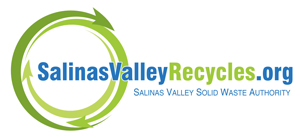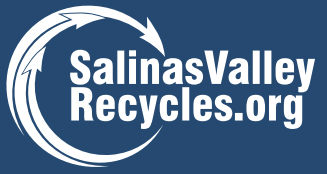What’s wrong with pesticides?
Integrated Pest Management
There is a gentler and safer approach to keeping your garden pest-free! Integrated Pest Management (IPM) combines a number of common-sense practices to fight pest insects, minimizing the use of pesticides, or avoiding them completely. Following IPM practices you can:
- Identify the pest insect correctly and get to know its life-cycle so that you can choose the most effective treatment and best timing
- Adjust conditions such as soil pH, watering practices and plant selection to encourage beneficial insects and/or inhibit pests
- Use pest specific, biological pesticides that have very little or no effect on beneficial insects, and are safe for the environment.
How to dispose safely of garden chemicals
If you must use conventional pesticides, apply them sparingly and as a last resort. Store them in a safe manner and out of reach of children. Never dispose of leftover or unwanted pesticides in the sink, storm drain, or trash. Please take them to SVR’s Household Hazardous Waste Collection Facility in Salinas.
Fact Sheets about Less Toxic Gardening
Learn more about less toxic gardening and how to combat specific pests using Integrated Pest Management practices. Visit the Our Water Our World website to download the most up-to-date fact sheets about less toxic gardening.
Participating Stores
There are several stores in the Salinas Valley that offer less toxic gardening products as well as advice to help you make the right choice. Look for the “Our Water, Our World” logo on shelves and store displays, and for free fact sheets about less toxic gardening techniques. To find participating stores, visit Our Water Our World


